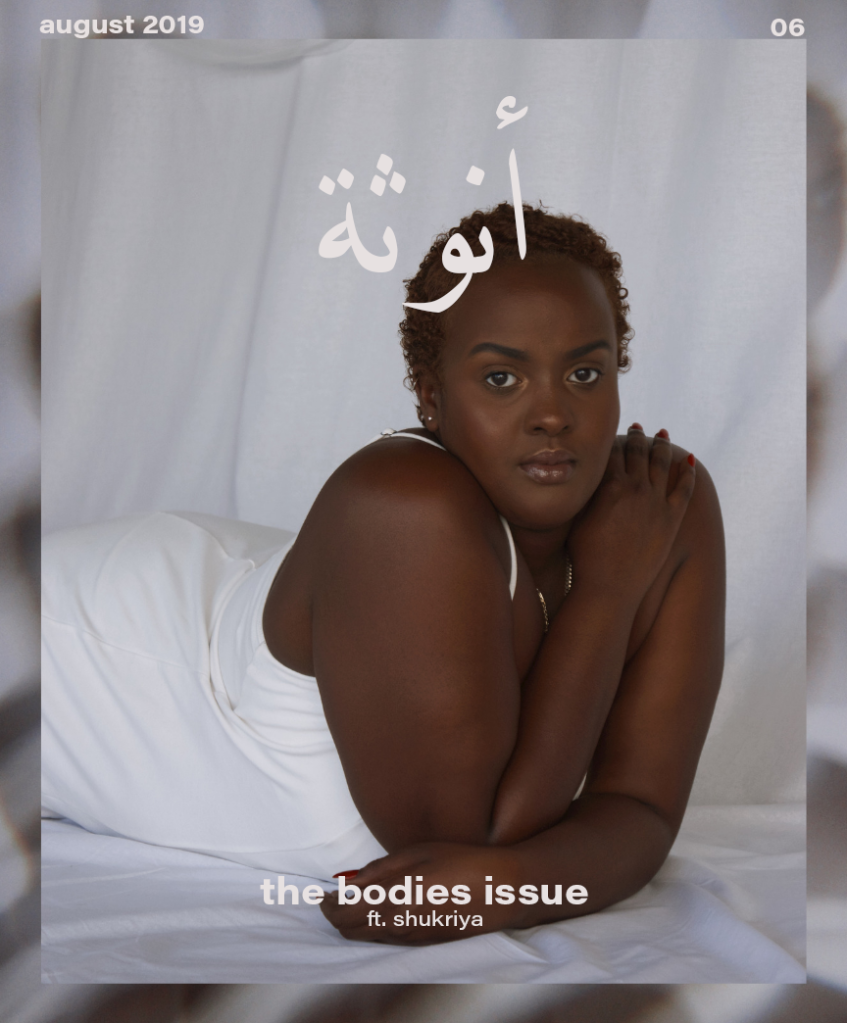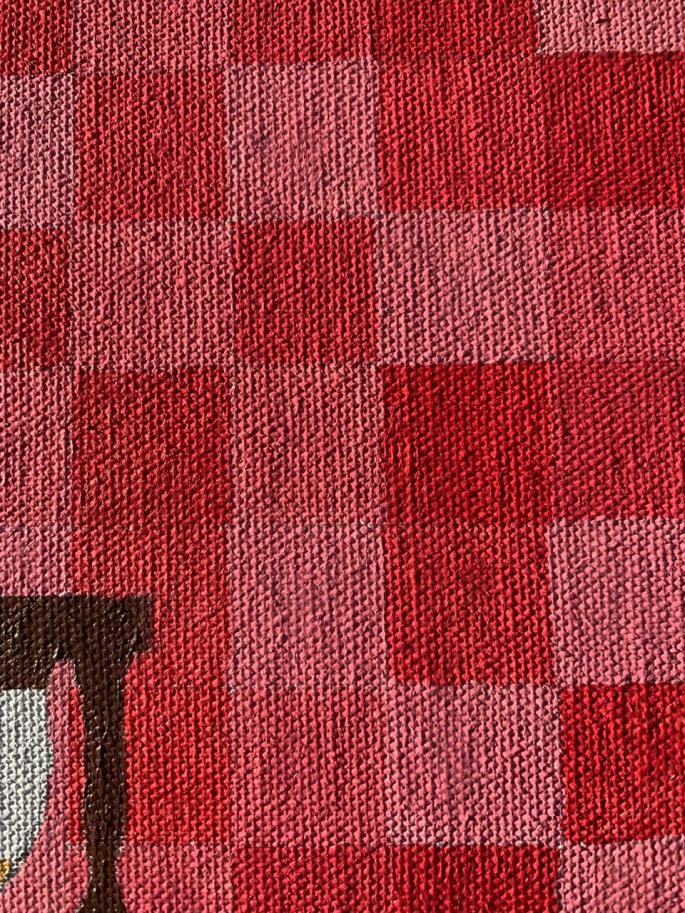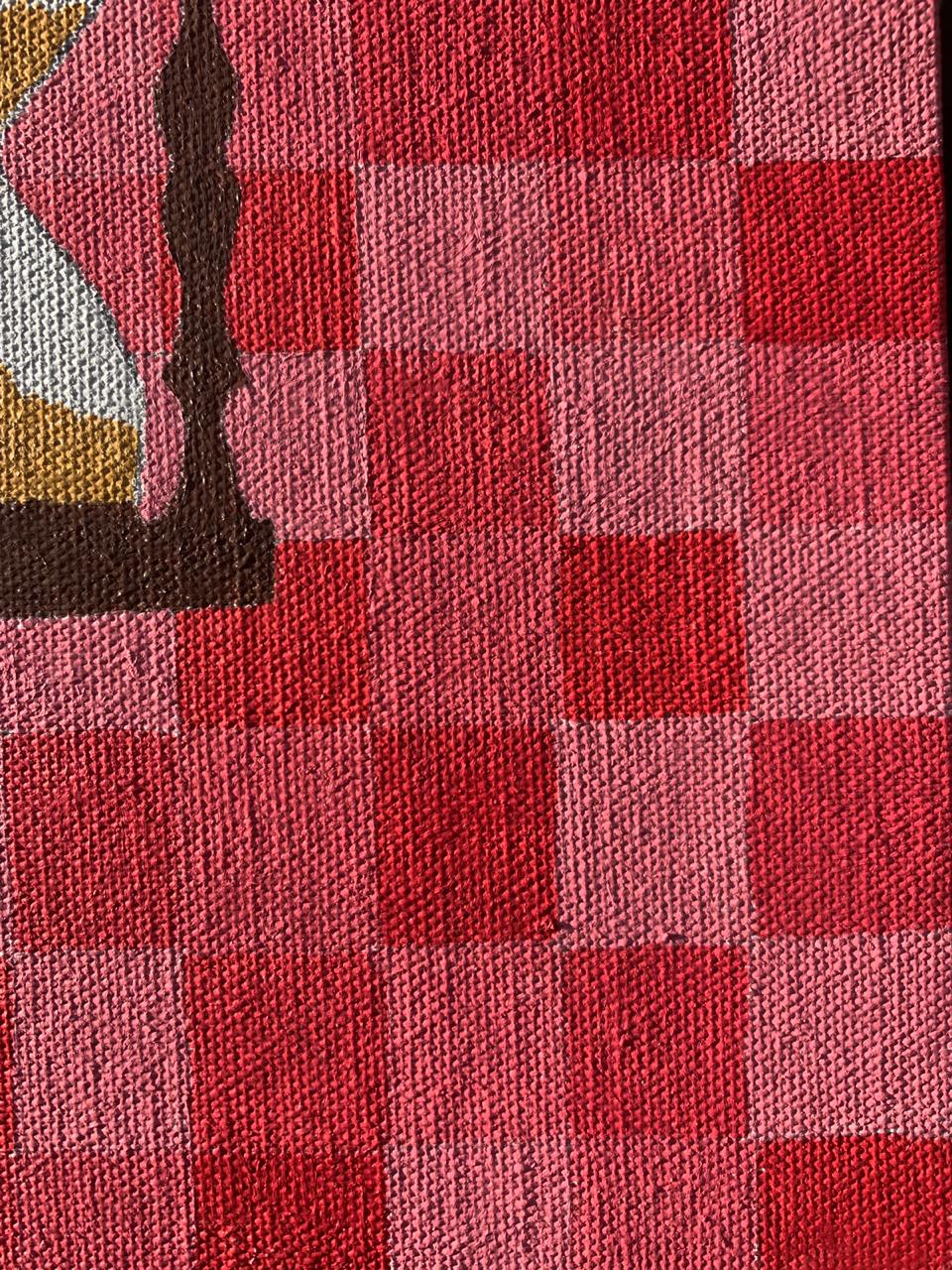Mood Swings from Hell
I used to have really bad mood swings prior to my period. My emotions would really run out of control, and because of that, I have regretfully ruined quite a few relationships in my life; I am sure many of you ladies can relate. I realized that people will not forgive you so easily, even if you had a very good reason for being mad at them.
Unfortunately, as I grew older, the mood swings have gotten worse. I speculate that this is probably because my body is asking for a baby. Even though I don’t currently want one, it seems that my body still does!
I have tried everything I could to control my mood swings. I tried to work on any unresolved issues so they won’t surface during that time. I also spent more time with myself to relax, self-reflect, and avoid any conflict. These precautions have definitely helped, but they did not fully eliminate the problem. And so, I have accepted that it is my fate to experience monthly mood swings from hell, not knowing that there is actually a solution.
I was talking to a friend about my struggles, and she could really relate. Her mood swings were so aggressive that she went to a gynecologist for it. Her gynecologist, thankfully, has recommended a supplement that has changed her life forever. This supplement is Evening Primrose Oil: an over-the-counter pill that has a variety of benefits, one of them being relieving PMS symptoms. It can help improve your skin, too! You do not need a prescription to take Evening Primrose Oil, but you can check with your gynecologist just to be sure.
So, how does this magic pill work? Well, Evening Primrose Oil is rich in a fatty acid called gamma-linolenic acid (GLA). Here is a quote from healthline.com:
Researchers believe some women experience PMS because they’re sensitive to normal prolactin levels in the body. GLA converts to a substance in the body (prostaglandin E1) thought to help prevent prolactin from triggering PMS.
I call it ‘magical’ because I have been taking it for a few months, and the results have been astounding. I am far less irritable premenstruation, and I feel that my issue has been finally resolved.
While there hasn’t been a concrete study that 100% proves that Evening Primrose Oil is the ultimate cure for PMS, it has worked for me. I am sure there are other supplements that can help with PMS as well, and I encourage you to learn and explore, you don’t have to suffer continuously.
As I am writing this, I am realizing how relieved I am to be using the past tense in describing the situation. That in itself has got me emotional, but in a good way this time! I am generally a private person who is reluctant to share such personal matters, but I feel I absolutely had to share this one, considering how many women I know suffer from the same symptoms. So I hope you found this article somewhat useful, and give this supplement a try!
Resources:
Benefits of Evening Primrose Oi
Study on the effect of gamma-linolenic acid
Dana Al Rashid is a writer and poet from Kuwait. She writes inAl Jarida newspaper and has also published a few English articles in Kuwait Times newspaper. She published a poetry book last year under the same name as her blog: “Reflecting Moon.” In her blog, more intimate poetry and articles can be found. You can read more of her work here.























